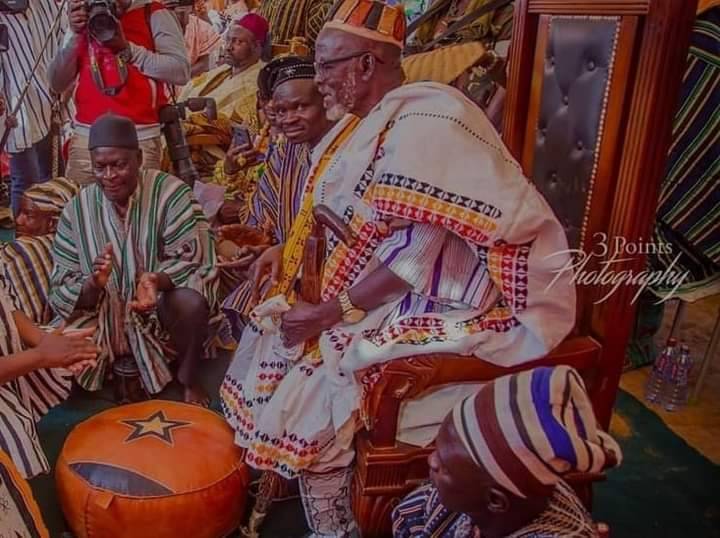Title: Promoting Inclusive Governance: Breaking Stereotypes in Bawku
Bawku, a vibrant town in northern Ghana, has long been known for its diverse cultural heritage and rich history. However, it is not immune to the challenges that can arise from ethnic tensions and stereotypes. In recent times, a purported meeting between the Bawku Naba and the Sama Noli President has brought attention to the issue of ethnic-based governance. It is crucial to approach such discussions with sensitivity, aiming to promote unity, understanding, and inclusive governance for the betterment of all.
Challenging Assumptions:
It is unfortunate that the notion of certain ethnic groups being unfit for governance continues to persist in various societies. However, it is essential to recognize that leadership capabilities are not inherent to any particular ethnic group but rather depend on individual merit, competence, and the will of the people.
In Bawku, the Mamprusis have made significant contributions to the community's development over the years. By assuming that they cannot rule, we perpetuate an unfair stereotype that hinders progress and perpetuates division. It is important to dispel such biases and recognize the potential for capable leaders from all backgrounds.
Promoting Inclusive Governance:
True progress and harmony can only be achieved through inclusive governance that values diversity and provides equal opportunities for participation. In Bawku, embracing this approach can help break down barriers, build trust, and foster a sense of unity among the different ethnic groups residing in the region.
One way to promote inclusive governance is by encouraging dialogue and collaboration between traditional leaders, community representatives, and government authorities. Engaging in open conversations can help address concerns, challenge stereotypes, and foster a shared vision for the development of Bawku.
Additionally, creating platforms for civic education and participation can empower citizens to actively engage in the democratic process. By encouraging people from all ethnic backgrounds to participate in decision-making processes, we can ensure that governance reflects the aspirations and needs of the entire community.
Promoting Peaceful Coexistence:
Addressing the underlying issues of ethnic tensions requires a comprehensive approach that focuses on promoting peace, reconciliation, and social cohesion. Encouraging cultural exchanges, celebrating diversity, and organizing joint initiatives can help foster mutual understanding and appreciation among different ethnic groups in Bawku.
Furthermore, investing in educational programs that emphasize tolerance, respect, and the appreciation of different cultures can contribute to a more harmonious society. By instilling these values in younger generations, we can break the cycle of prejudice and discrimination that can hinder social progress.
Conclusion:
Bawku, like many other diverse communities, stands to benefit immensely from inclusive governance that transcends ethnic boundaries. By challenging stereotypes, promoting dialogue, and fostering understanding, the region can unlock its full potential for growth and development. It is time to recognize the capabilities of individuals, regardless of their ethnic background, and work together towards a brighter and more united future for Bawku.




No comments yet
Be the first to share your thoughts!